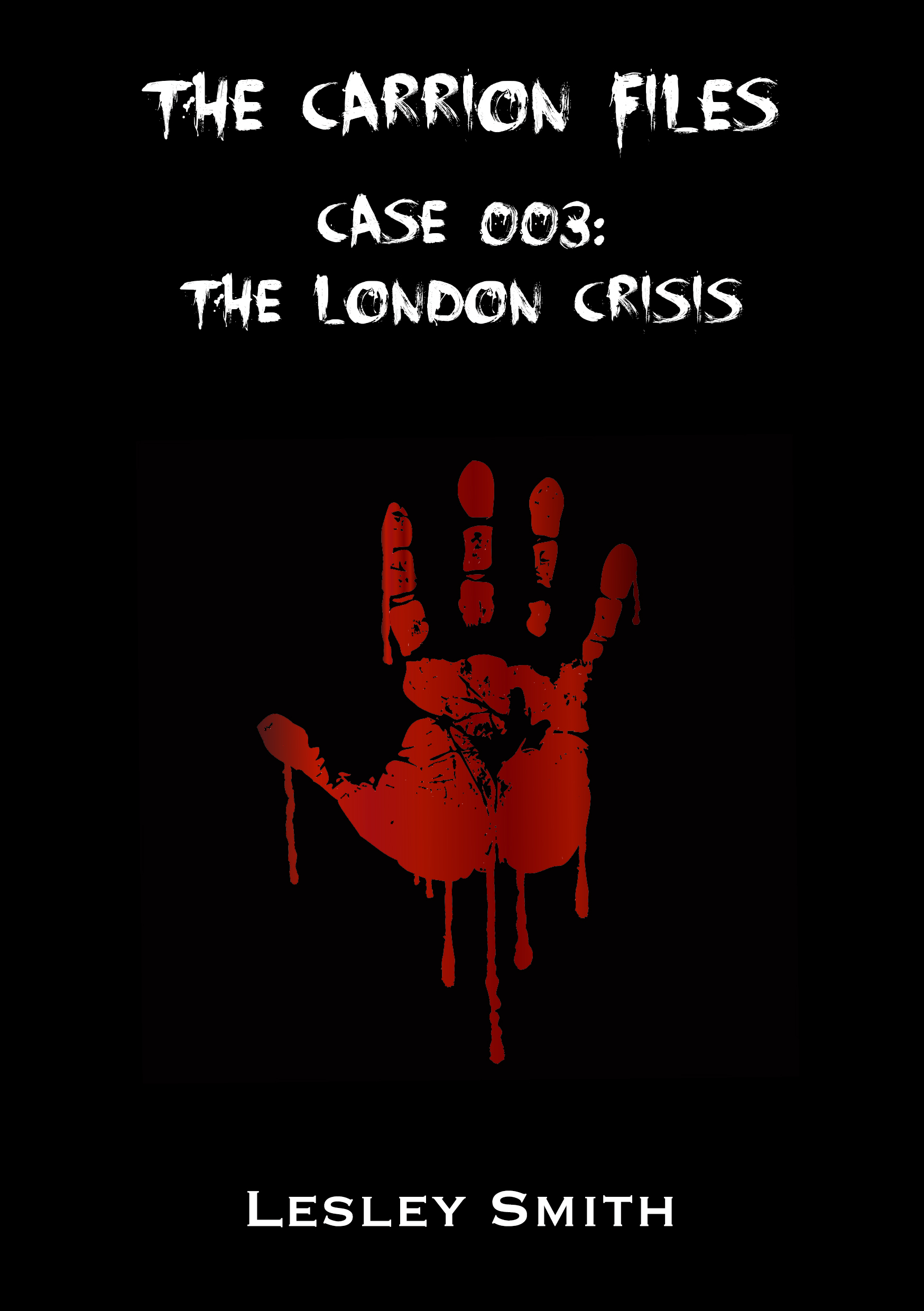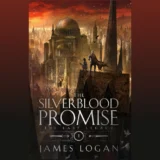My fur is up because I keep seeing this, or something very similar to it, on writing forums:
“Self-publishing is easy. Anyone can do it.”
At a very basic level, this is true. As evidenced by the person who recently published a book that was nothing but the letter “A” repeated for paragraph after paragraph and chapter after chapter. There is no doubt that “getting a book” on sites like Amazon, Barnes and Noble, ibookstore, and Google Play takes little effort. You just fill out a few forms, upload a file and click publish. But there is a HUGE difference between having a book for sale and “publishing.”
The problem is one of semantics. Let me talk about what “I” consider “published” to mean. The very nature of putting a book into the world implies a desire to have it read. I’ll take it a step further and add the qualifier that it should be read by people who aren’t already familiar with you (in other words those outside your immediate friends and family). So, while you might “release” a book that chronicles your family’s history for that upcoming reunion, it probably doesn’t fit into my definition of “published.”
It’s important to note that I didn’t say people paid you to write. There are many people who couldn’t care less about any income, they just want others to read their stuff. There’s nothing wrong with that, just as there is nothing wrong with wanting writing income. It’s just two different mindsets, both valid. I don’t want to add money to the equation of what it means to be “published.”
So let us narrowly define “publishing” (self or traditional) as releasing a book with the purpose of having people you don’t know read it. With this definition, there is a lot more involved than just filling out a few fields, uploading a file, and hitting publish. Over the next several articles, I hope to break down several factors to make it clear just how untrue the above statement is.
Some may think that by saying, “Self-publishing isn’t for everyone” is me expressing a negative stance on that route…not true. You would be hard-pressed to find many who are more enthusiastic than I when it comes to self-publishing. I’m a prime example of a self-published success story, and I’ve been known to rail about issues in traditional publishing. But I also don’t want to miss the forest for the trees. Unlike some self-publishing evangelists, who say everyone should go that route, I can see valid reasons for either path. And it is the exploration of BOTH paths and the benefits to individual authors that I’m most concerned with.
Let’s start out the first article in the series with a factor which will divide the authors into two very broad groups. I’m speaking of the author’s propensity toward entrepreneurship.
Before I was earning a full-time income from writing, we lived off my wife’s salary. She has a degree in electrical engineering, spent many years writing software, and has been a product manager for a wide variety of companies. She LOVED “working for the man.” Her father, also an engineer, was constantly trying to convince her to do what he did, become a consulting engineer. His reasoning: the pay was much higher. He would work for a few months, then travel until money started to get tight. Then, he’d pick up another job. Sounds great, yes? Who wouldn’t want such a life? Well, my wife for one.
She pointed out that she had a husband, three kids still at home, and a mortgage. Three things her father lacked. Not knowing when, or if, another paycheck would come was a risk she wasn’t willing to take. Plus she didn’t know “how” to find the jobs the way her father did. Her career was quite a bit shorter than his and she didn’t have a database of contacts she could pull from. Then there was the added stress of an uncertain financial future. Those were valid concerns, but the even bigger issue was she genuinely liked having a boss. It was up to someone other than her to figure out how the money came in. She enjoyed having a narrow focus, 100% of which she was well qualified for. She didn’t have to venture into areas beyond her comfort level. She enjoyed the pats on the back when others in the organization recognized the exceptional work she did. And more than anything else she enjoyed the steady paycheck.
Being the anti-establishment person I am, I found it hard to relate to Robin’s love when it came to “working for the man.” I’d do just about anything NOT to…as evidenced by the fact that I write for a living ;-). Given that, it’s not surprising that I did well in self-publishing…because I LIKED the freedom…I liked the CONTROL. But not all authors are this way.
I can’t tell you how many traditionally published authors say to me, “I don’t want to think about covers or how to position a book. I’m not good at that…I want others to do it for me. I just want to write, and doing those other things will take me away from that.” For THESE people traditional is definitely a better fit. Will they “pay” a lot for having their publishers do those non-writing tasks? Yes, of course. Publishers keep the lion’s share of the profits. But, to put it another way, if it were up to them, they wouldn’t get any money because they wouldn’t publish. For the non-entrepreneurial author, it’s a matter of getting someone else to do it or not publishing at all.
To me the best analogy is a profession like lawyers or CPAs. There are those that go into those fields and seek out a position at an established company. Others, hang out their own shingle, starting their own firms. Does anyone tell someone with these degrees that one or the other choice is THE ONLY way to go? Of course not, and yet in the world of publishing we have plenty of people who take an analogous stance.
Every day I bump into some author asking, “Which is better self or traditional? And I can’t answer that, even though I’ve done both very successfully. It depends on many factors. The first of which is to figure out which kind of person are you. Do you have that entrepreneurial spirit or do you like working for the man? There’s no right or wrong answer to this. It’s a matter of personal preference and what you are good at.
If you don’t have that entrepreneurial drive, then your chances of successfully with self-publishing go down significantly. You risk falling into the abyss of the hundreds of thousands of books that don’t sell more than a handful of copies. And if you’re only selling at that level, by my definition you’ve not met the criteria of being “published.”
So going back to our original statement about “Anyone can do it.” Clearly this isn’t true. You have to be one of the VERY small minority of people who not only has an entrepreneurial spirit but are also willing to take the risk to actually do something about it.
The entrepreneurial spirit has long been ingrained in the culture of America. Today, it remains strong (usually increasing in a weak economy). According to this May 2013 article in “The Business Journal”:
“Nearly 13 percent of Americans were starting or running new businesses in 2012, the highest rate of entrepreneurial activity in the U.S. since at least 1999.”
If we can assume a similar corollary applies to authors, then we’ve eliminated 87% of the people from that pool of “anyone” that is bandied about so freely. In my next article, I’ll explore the second aspect that will divide this 13% even further. Stay tuned.











1 Comment